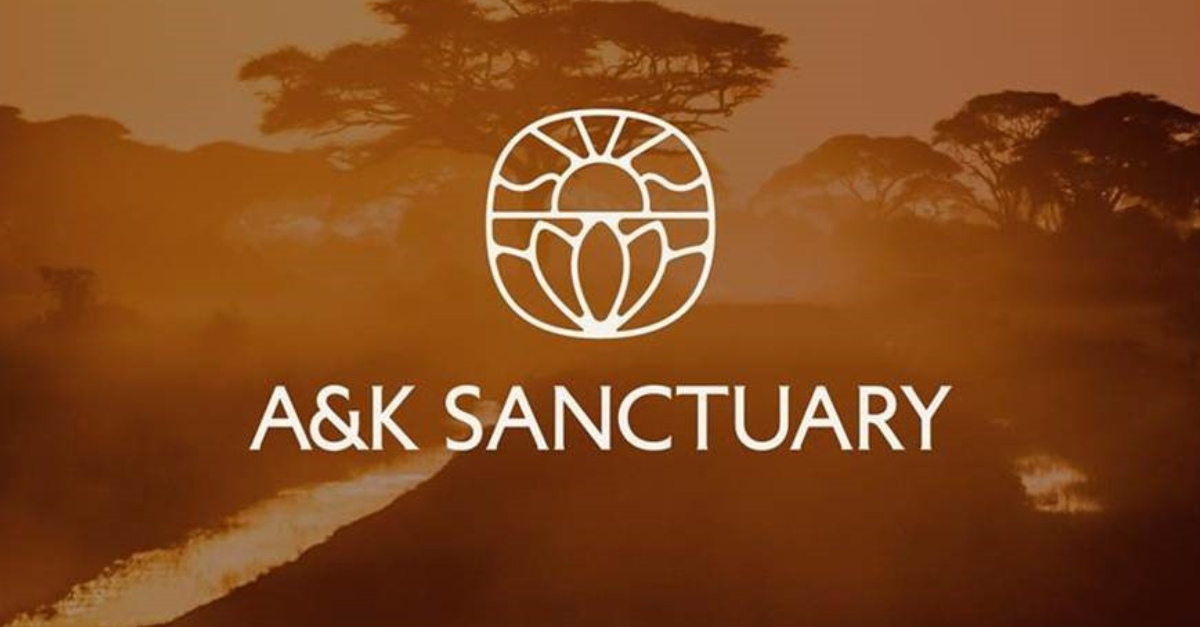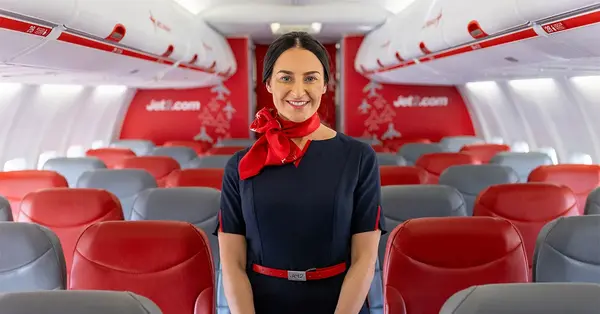You are viewing 1 of your 2 free articles
Flexibility is the future of travel
Pablo Caspers of eDreams ODIGEO explores the rise of ’coolcations’ and shoulder season holidays
UK travellers are increasingly looking beyond traditional definitions of a summer holiday. While the classic summer escape to somewhere sunny with a beach has by no means been dethroned, year on year, we are seeing a growth in bookings to a more diverse range of destinations.
Holidaymakers in 2025 have increasingly opted for ’coolcations’ - trips to cooler, more temperate destinations during the peak summer months.
This shift is part of a broader behavioural change. Modern holidaymakers want to embrace a more flexible, personalised approach to travel. Comfort, stability and choice are now essential features of booking a holiday.
According to our eDreams ODIGEO database, which analyses over 100 million daily travel searches across 44 markets, UK travellers are showing a growing interest in cooler destinations.
Searches this summer rose year-on-year to destinations in the Nordics, including Sweden (27%), Denmark (16%), Finland (14%) and Norway (11%). In Northern France, Rouen experienced a 47% year-on-year surge in interest, while interest in cities in Northern Spain such as Santander and Bilbao also grew by +28% and +24% respectively.
Even long-haul destinations in the southern hemisphere, where it is winter during UK summer, gained traction among those seeking a more temperate escape, such as Chile (+56%), Argentina (+21%) and South Africa (+20%).
Flexibility is at the heart of this transformation. Just as people have embraced hybrid working and personalised entertainment platforms, they now expect the same level of adaptability from their holidays. Travel is no longer a one-size-fits-all experience. Today’s consumers want options that align with their personal rhythms, values and preferences.
A recent OnePoll survey of 9,000 global respondents found that weather is an increasingly influential factor in travel decisions, with 14% of Brits having changed their holiday plans in the last five years to avoid extreme weather. Among younger generations, this trend is even more pronounced. Three-quarters of millennials say they would alter their travel plans due to extreme weather - a figure 25% higher than among travellers aged 65 and over.
This generational shift is also driving the popularity of shoulder season travel. By avoiding the peak summer months, travellers can enjoy quieter destinations, better value and more pleasant conditions. Our market research data also shows that shoulder season travel has grown in popularity by over a fifth (22%), with those aged 25–34 leading the charge.
Nearly 29% of this group prefer to travel outside the traditional peak months, compared to just 17% of 45–54-year-olds, highlighting a subtle but telling change in travel habits.
For airlines, hotels, and travel providers, this presents a clear opportunity. Understanding how seasonal preferences are evolving - and using smart data insights to anticipate demand- is key to staying ahead. eDreams’ Prime subscription, for example, is powered by our proprietary AI technology which generates six billion daily predictions for our members, anticipating and tailoring travel options to their individual needs and preferences.
The rise of coolcations and shoulder season travel is more than a passing trend. It’s a signal that flexibility, comfort and personalisation are now central to the holiday decision-making process. Travellers are no longer just booking trips; they’re curating experiences that reflect their lifestyles and priorities.
For the travel industry, this is a moment to lead, not just react. By diversifying summer offerings and reframing marketing narratives around choice and comfort, businesses can tap into emerging demand and build stronger, more resilient customer relationships.
Coolcations present an opportunity for the travel industry to rethink personalisation and customer choice. As UK travellers redefine what a holiday means to them, the industry has a unique opportunity to evolve alongside them, offering smarter, more adaptable product strategies that reflect the changing future of travel.


















